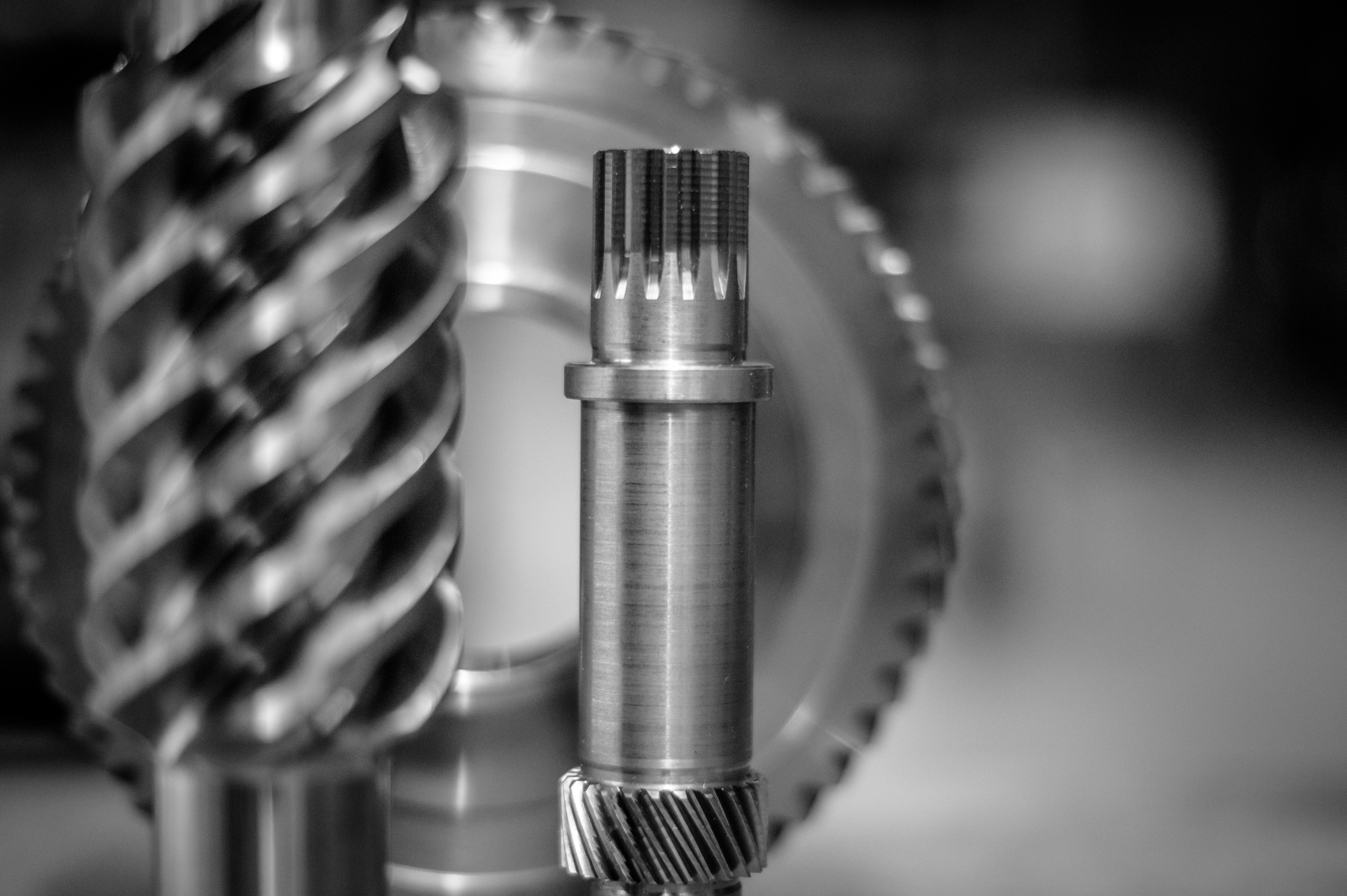
Titanium metal is indispensable for many industrial sectors, yet the European Union is completely dependent on imports for this raw material.
Source: AdobeStock
Titanium metal is a critical raw material that the EU imports largely from Kazakhstan, Russia, and China. The Federal Institute for Materials Research and Testing (BAM) is part of a large EU consortium that aims to reduce dependence on imports while drastically cutting CO2 emissions in titanium production.
Titanium metal is indispensable for numerous industries, including aerospace, automotive, and medical technology. However, the conventional process for producing titanium is extremely energy-intensive and causes significant CO2 emissions. At the same time, Europe is completely dependent on imports for this metal: currently, a good third of the titanium metal used in the EU comes from Kazakhstan, another third from Russia, and nine percent from China.
The EURO-TITAN project aims to reduce Europe's dependence on titanium imports while contributing to climate protection by developing a more sustainable production method.
To this end, secondary resources generated in Europe will be used more extensively for titanium production: industrial residues from aluminum and titanium dioxide production. In addition, the consortium wants to establish an innovative process that uses green hydrogen to reduce CO2 emissions by more than 90 percent compared to the traditional manufacturing process and recovers iron from these residues in addition to titanium.
BAM is contributing its extensive materials science expertise to the project. This includes thermochemical investigations into the direct reduction of bauxite residues with hydrogen and hydrogen plasma, pilot-scale trials to optimize the separation of iron and titanium-containing slag, and the development of a real-time analysis method in collaboration with LTB Lasertechnik Berlin.
The consortium comprises 18 partners from seven countries, including Clausthal University of Technology, which is coordinating the project, RWTH Aachen University, the University of East Sarajevo, and industry representatives Aluminium D. O. O., Venator, Orano Mining, and Ferro Duo GmbH. Remondis, Airbus, and Salzgitter AG are also members of the EURO-TITAN steering committee.
EURO-TITAN is funded by the European Commission as part of Horizon EUROPE.


